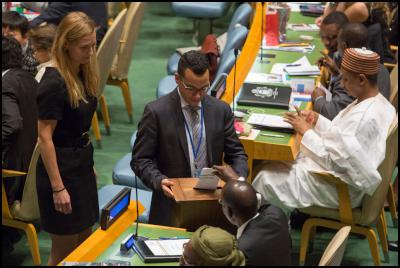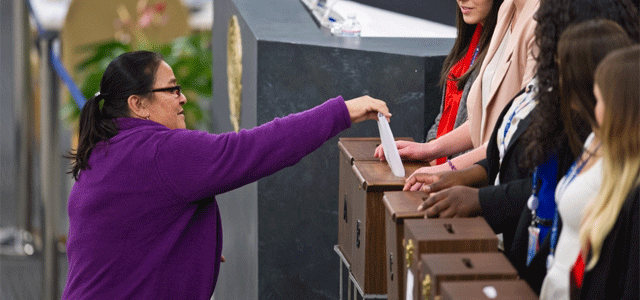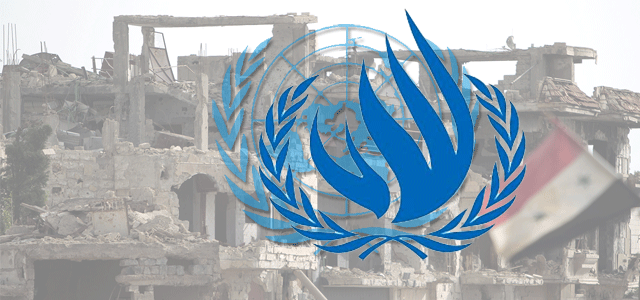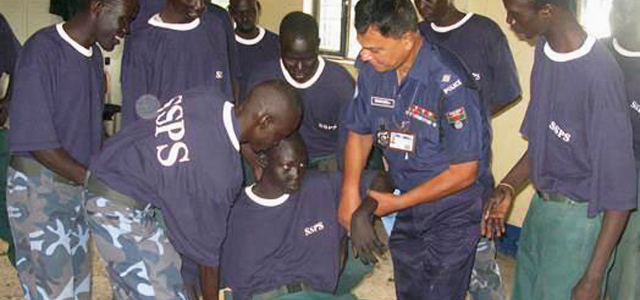Just over a week ago, Iran withdrew its candidacy from the May elections for the Human Rights Council. A number of news outlets covered the withdrawal (and the U.S. campaign behind it), but most ignored the bigger story, even when it was handed to them word-for-word in the same press release.
“When states are given a choice, there is a real chance to use the elections to put states with better human rights records on the Human Rights Council and make states with poor human rights records think twice about competing,” [Peggy] Hicks [with Human Rights Watch] said. “States that care about human rights should push to ensure competitive elections in all regions and should compete themselves for seats on the council.”
This was the big story. Uncontested elections. Not Iran nor its human rights record, as important as that may be otherwise.
Elections — real ones — can have consequences and NGOs are just now coming around to understanding this applies to the global scale as well. Before this race, blogs were the only source of information on most elections to multilaterals, with worldbankpresident.org and UNSG.org being notable examples. Among NGOs, only the World Federalist Movement’s UN Elections Campaign, launched in 2006, covered elections to UN bodies and the frequent horse-trading and closed-door deals involved in many of those. Other NGOs and numerous experts easily (dis)missed trends toward reform or published mediocre reports that at best paid lip service to reform efforts.
Human Rights Watch’s early support for competitive elections was a hopeful sign that NGOs were beginning to see the potential problems of uncontested elections. It’s disappointing if not unsurprising that major media (and human rights advocates) focused more on Iran’s candidacy for the Human Rights Council than it has on the actual election (now lack thereof) despite what it could mean for the Council and human rights around the world. The possibility of Tehran being on the Council was unfathomable, so the attention was deserved, but the closed slates will now prevent any significant attention let alone rebuke to those governments that earn the least support when the votes are counted (yet nonetheless will secure a seat on the Council).
Even though few cited it (admittedly, it was the last paragraph of the release), Human Rights Watch’s recognition is a hopeful sign that more NGOs will pay attention to global leadership contests and the impact that actual elections could have in improving human rights observance by governments.









One thought on “Human rights and contested elections”